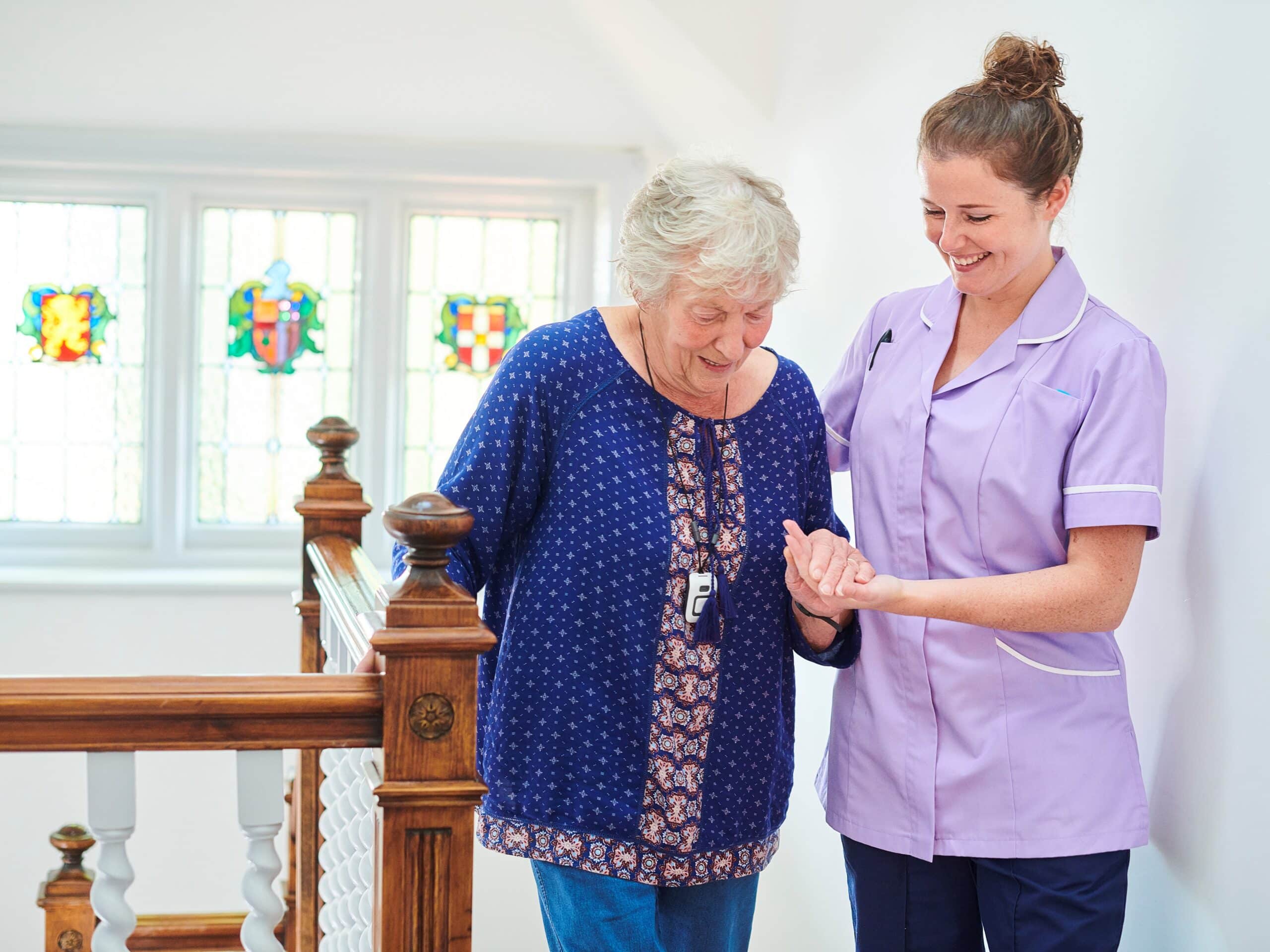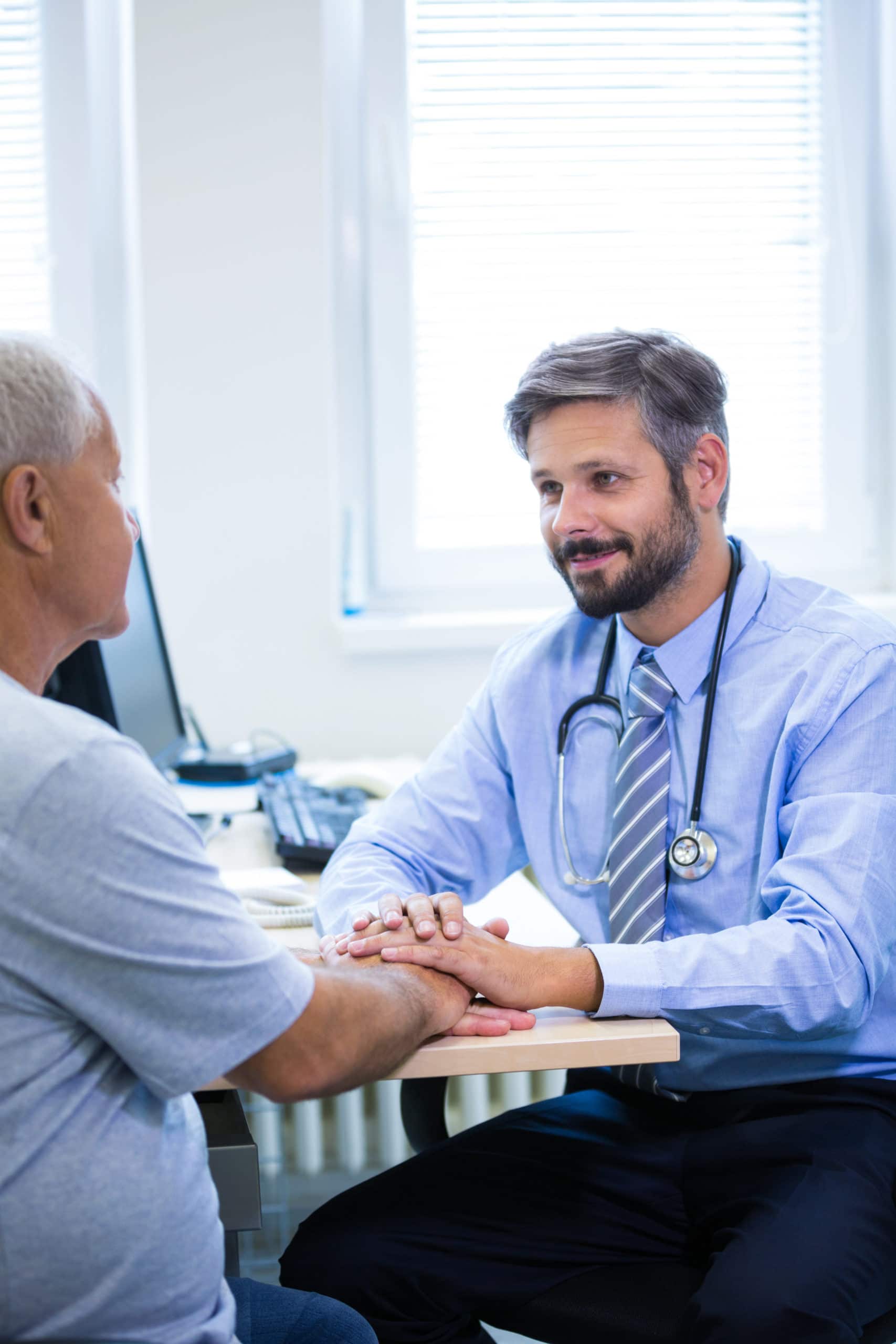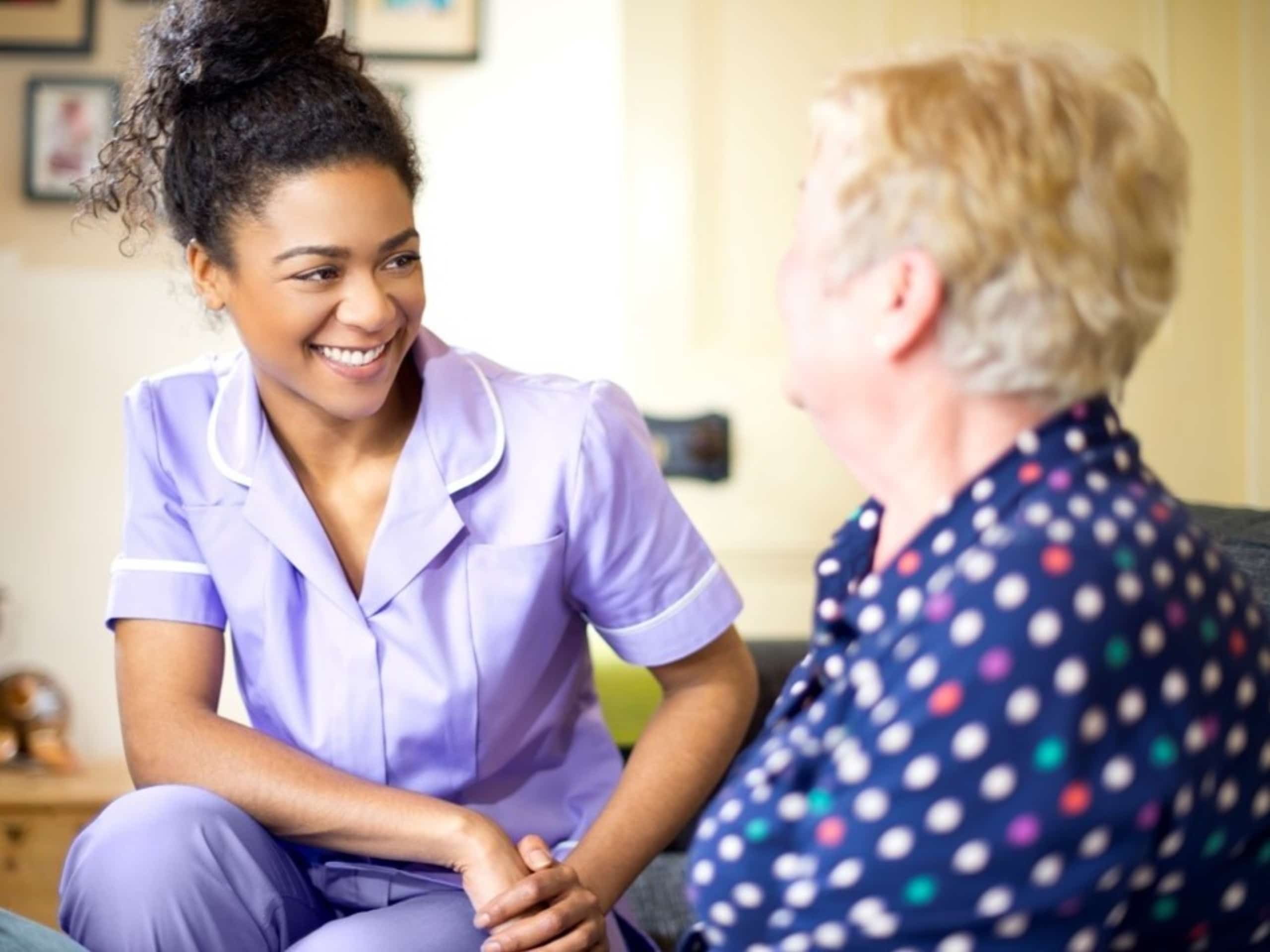How does shingles affect the elderly?

Why is shingles in the elderly serious?
According to Medical News Today, “Older adults have a greater risk of developing complications from shingles, typically due to having weaker immune systems.”
Having a weak immune system means your body is less likely to fight off infections or illnesses, like shingles. Or it may take you longer to recover. It’s a natural decline that happens with age. A weak immune system can also be caused by specific conditions or treatments like chemotherapy.
However, rest assured, shingles are rarely life-threatening and can be treated with medication. Before treating the condition, it is important you seek advice from your GP or pharmacist. They can point you in the right direction.

What are the symptoms of shingles in the elderly?

Shingles is an infection that causes a rash and can be painful.
The infection is caused by the same virus that causes chickenpox.
According to the NHS, “When people get chickenpox, the virus stays in the body. It can be reactivated later and cause shingles if someone’s immune system is weakened.”
You tend to get shingles on the chest and stomach, but they can appear on other parts of your body, including the face, eyes and genitals. Here are some of the symptoms you should be aware of:
A headache
A rash on one side of your body
Pain, burning or tingling sensation in the affected area
Itchiness
High temperature
Feeling unwell
Sensitive skin
What are the possible shingles complications?
Although shingles are treatable, the NHS states, “Complications, though, can mean around 1 in every 1,000 cases in adults over the age of 70 is fatal.” These can include:
Eye problems
Shingles of the eye can cause vision impairment, including blurry vision and numbness. This can cause damage and lead to blindness. You may get a rash in and around the eye, which can feel painful and sore.
Hearing impairment
Shingles can cause you to develop Ramsay Hunt Syndrome. This is “a rare condition where shingles affects your facial nerve, causing weakness of one side of your face and sometimes hearing problems.” (NHS)
Infection
There is a possibility of the rash becoming affected. If this is the case, contact your GP immediately. This can be treated with antibiotics.
Complex conditions
Shingles can also lead to serious conditions including, pneumonia and inflammation of the liver, brain or spinal cord, but these are rare.
Treatment of shingles in the elderly
There are different types of treatments to help with pain relief, but this will depend on the severity of your symptoms.
With the right treatment, the infection should heal within four weeks. However, make sure you consult a GP or a healthcare professional before undergoing any treatment.
Painkillers
Painkillers, including ibuprofen and paracetamol, may be prescribed to help manage your symptoms. This will help ease the discomfort you may be experiencing.
Wear loose-fitting clothes
Wearing loose clothes can help during your recovery period. If you wear tight clothing, this can irritate your rash and cause discomfort.
Oat bath
Soaking in an oat bath can help relieve itching, lock in moisture and soothe the skin. It is best to avoid using any soap. Just place a handful of oats in a piece of cloth or sock and tie the end with a knot. Place it in lukewarm water and sit in the bath for 15-20 minutes.
Keep rash clean
Always keep the skin clean and dry, and make sure you throw away any non-sticky dressing you use to cover your rash.
Calamine lotion
Calamine lotion helps relieve itchiness and discomfort caused by chicken pox and shingles. By applying the lotion directly to your skin should help with the healing process and cause less irritation.
Cool compress
Soak a flannel or piece of cloth with cool water and place it on your skin. This will help reduce itching and provide some comfort. You can repeat this procedure as often as you like.
How to prevent shingles
With shingles, you are still infectious until the blisters are scabbed over. To ensure that the virus isn’t passed on, there are plenty of preventative measures you can take.
Do not share towels
If you are living with loved ones, make sure you use a separate towel for drying your hands and bathing. This will ensure the virus isn’t passed on.
Do not go swimming
If you like to keep fit with swimming, avoid going until your rash clears up. Shingles can spread with direct contact with fluid, which is why you should avoid swimming.
Vaccine
The vaccine is available to protect individuals against shingles and is recommended for those at risk of getting shingles. To check if you are eligible for a vaccination, you can confirm with your doctor or find out here.
Distancing
Try and avoid contact with anyone pregnant, individuals who have a weak immune system or haven’t had chicken pox before. It is also best to avoid interaction with babies less than a month old. These individuals are vulnerable and getting shingles can cause complications.
How Helping Hands can help with your elderly care
At Helping Hands, we have been providing elderly care so our customers can continue to live in the comfort of their own homes.
Whether you are living with a condition or live alone and could benefit from valuable companionship or help with running errands, our carers can step in to help. We provide exceptional elderly care on a live-in and visiting basis. So, whether you need support for a few days a week or 24 hours a day our compassionate carers can support you any way you wish.
Our carers are expertly trained to provide outstanding care no matter what condition you are living with, including shingles. They can remind you when to take your medication, ensure your rash is clean and dry, and manage your symptoms to help ease your pain.
For extra peace of mind, we are regulated by the Care Quality Commission and Care Inspectorate Wales. So, you can be confident that you will receive the very best care you’d expect from the UK’s most widely trusted home care provider.

Page reviewed by Rebecca Bennett, Regional Clinical Lead , on February 20, 2024.
